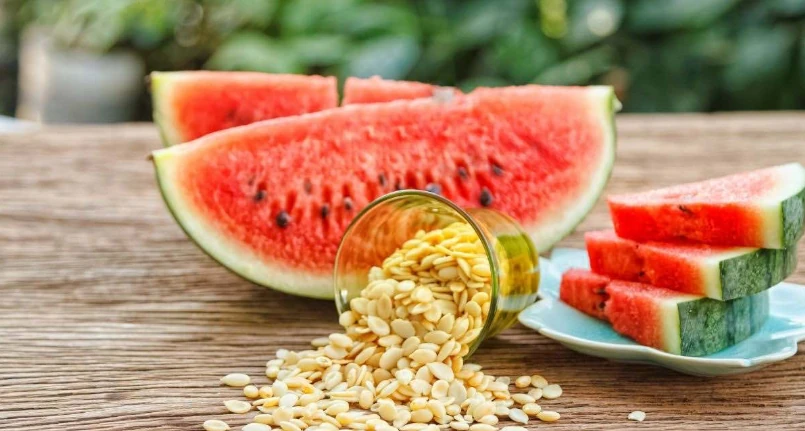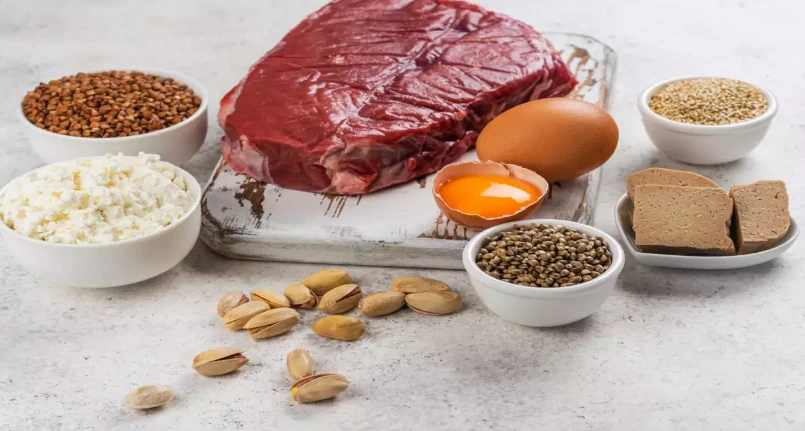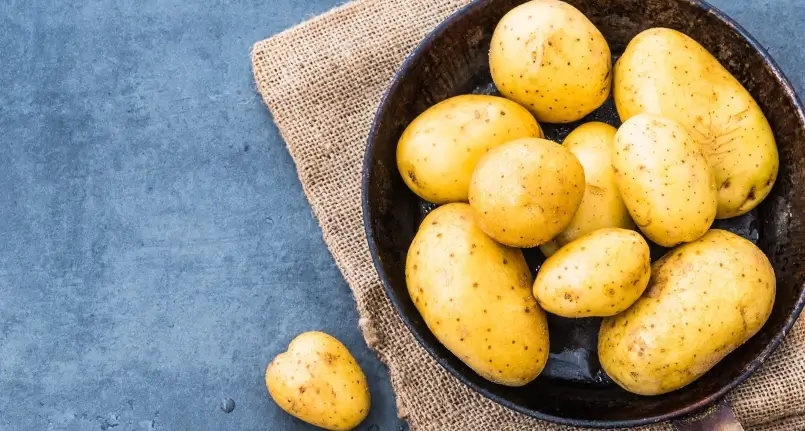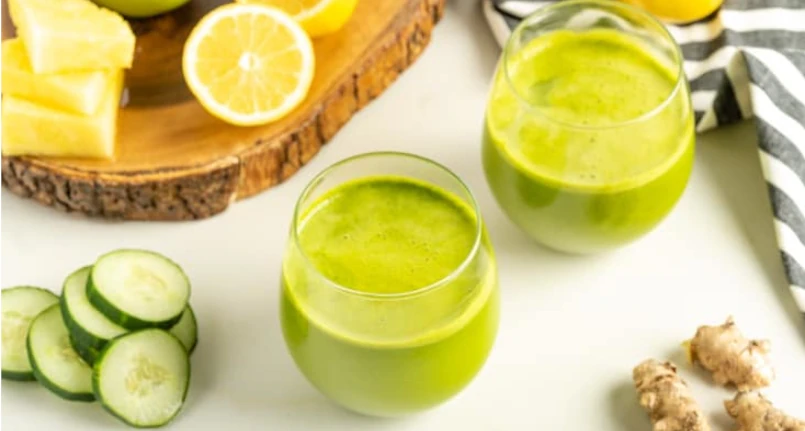Introduction
Melon seeds are commonly discarded when cutting the fruit. The pulp is preserved by freeing it from the peel and the seeds that are found in the heart of the fruit. These waste foods are actually rich in nutritional properties beneficial to the health of the body, and can be used in the kitchen just like other better known seeds, such as pumpkin or sunflower seeds . The melon ( Cucumis melo ) belonging to the Cucurbitaceae family (the same as pumpkin and watermelon ) is one of the classic summer fruits. Much appreciated for the sweetness of its pulp, rich in fibre, vitamin K , magnesium and folate , it also contains edible seeds , often thrown in the trash because they are considered “useless”. Perhaps not everyone knows that these seeds are highly protein (100 g of melon seeds contain over 30 g of protein ) and that they have a moderate content of fatty acids and phenols, which help keep the heart healthy .
Properties of melon seeds
Melon seeds have a decidedly interesting nutritional profile. Far from being food waste, they are instead rich in proteins , mainly represented by glutamic acid , arginine and tryptophan , a factor which makes them an ideal alternative to essential amino acids . They also contain phenolic acids, flavonoids , tocopherol , phytoestrogens , beneficial for the body. Melon seeds are rich in vitamins and minerals : vitamins A , C, B3 , B6 , B9; carotene ;sodium ; magnesium; potassium ; football ; iron ; zinc ; iodine ; phosphorus ; selenium ; manganese .
The glutamic acid contained in it improves intestinal function and the immune system , while arginine is a well-known ally of sportsmen and those who intend to get back in shape as it helps to reduce body fat and increase muscle mass . Not only that, among the beneficial properties of melon seeds we find the presence of gallic acid and vanillic acid, which have an anti-inflammatory and anticancer action.
Melon seeds: health benefits
Melon seeds have several beneficial properties for the whole organism. The benefits include, for example:
- improve bowel function
- they protect the heart
- allies against cardiovascular diseases
- strengthen the immune system ,
- counteract localized fat deposits (action performed by arginine)
- increase in muscle mass .
- anti-inflammatory action (the phenolic acids present in melon seeds such as gallic acid and vanillic acid help to reduce inflammation of the tissues)
- antibacterial , antifungal and antifungal function
- antioxidant activity
- counteract oxidative stress (melon seeds contain reservatol, an ally against free radicals )
- anticancer action
- promote sleep ,
- they lower blood pressure
- reduction in the level of the hormone cortisol, the stress hormone
Here are the benefits of pumpkin seeds instead .
Melon seeds: how to use them in the kitchen
In the kitchen there are several uses that can be made of melon seeds, such as the uses of watermelon seeds in the kitchen , after all. They can be toasted in a pan with olive oil and, if desired, with the addition of spices and salt , and then used as a savory snack . They give a crunchy and crunchy note to different preparations. In this sense they can be valid substitutes for sesame seeds in the preparation of a homemade gomasio , to always keep in the pantry. Otherwise, once toasted, they can be added to salads , sandwiches , pasta , or passed to the mixer they become a powder rich innutrients and flavour , to be added to soups and stews. They can also be used in the preparation of energy and protein bars to take comfortably to the office as a snack or to the gym , adding them to dried and dehydrated fruit .




